Spirit interview with Mark Andes
Heart, Spirit, Firefall, Canned Heat, Stevie Nicks, Dan Fogelberg, Whitesnake, Jo Jo Gunne, Chris Hillman, Kim Carnes, John Fahey, Iain Matthews, Kelly Willis, Jim Lauderdale, Eliza Gilkyson, and Joe Walsh… all have relied on the brilliant musicianship of Mark Andes to punctuate their songs and elevate their musical visions to chart-topping status. He has been the rock solid support on bass guitar, songwriting and vocals for all of the above… and more.
How old were you when you began playing music and what was the first instrument you played?
My younger brother and I took piano lessons for a couple of years or so at age eight or nine. We had a family friend who was a professional musician who showed us some introductory stuff on guitar. I was ten years old in 1958, the year Link Wray’s “Rumble” was released and it resonated with me on a lot of levels. It was menacing (it was banned in places), the sound was powerful and it was so simple to play!!! I knew Matt had musical instincts and we taught each other to play the songs of the day, focusing on pre-surf instrumentals and by high school had one of the popular bands in the San Fernando Valley 1963-1965. I switched to bass after a personnel change in one of the bands.
What inspired you to start playing music? Do you recall the first song you ever learned to play?
I guess it was the energy of early rock and roll that got to me. Little Richard, Eddie Cochran, The Fireballs and all of the Doo Wop stuff killed me! We were exposed to a wide variety music. Show tunes were big. No country or folk music was played at our house, that would come later. “Rumble” was the first song my brother and I learned.
What bands were you a member of prior to the formation of Canned Heat?
My high school bands and the early incarnations of Spirit. The Red Roosters, The Western Union, Spirits Rebellious.
What can you tell us about the early days of Canned Heat? How did you get in the band and what was it like?
Spirit’s long time friend, first producer, and roommate Barry Hansen (Dr. Demento, his radio name) introduced me to Canned Heat. They were in the process of reforming after a hiatus due to the bass player meeting his demise in a robbery attempt of some kind. I was much younger than Bob Hite, Al Wilson, and Henry Vestine but they thought I fit in. We toured mainly in California. There was a magical “Human Be In” show in Griffith Park, LA probably in 1965/early ‘66 and several shows in San Francisco at the Avalon Ballroom and the Fillmore. Full blown “If You’re Goin’ to San Francisco”, hippie heaven. Why I loved Canned Heat was because they were blues scholars. Barry, Henry, and Bob had extensive blues record collections and we played very traditional arrangements. I learned so much in a relatively short time. I was there when Mercury Records signed the band, but I decided to jump ship because Cass and Randy had returned to LA and Jay Ferguson and I wanted to form a band with Randy. Spirits Rebellious was formed and within a year we were signed by Lou Adler to Ode Records.
Spirit formation.
When Randy and Cass and family moved back to Los Angeles from their stay in New York, Cass’s jazz gig folded, and Jimi James left for England to become Jimi Hendrix (Randy was his guitarist) Jay and I were excited about the prospect of forming a band with Randy. I thought we would form a powerhouse blues/rock group. Randy was playing with Cass and John Locke in a jazz quartet when Jay and I caught up with him. He was agreeable to form a band with us, but was adamant about playing with John and Cass in our new project. The chance to play with Randy was so compelling, I was willing to let go of my desire of strictly a blues/rock format and opened up to what would be that and so much more. Randy was the catalyst.
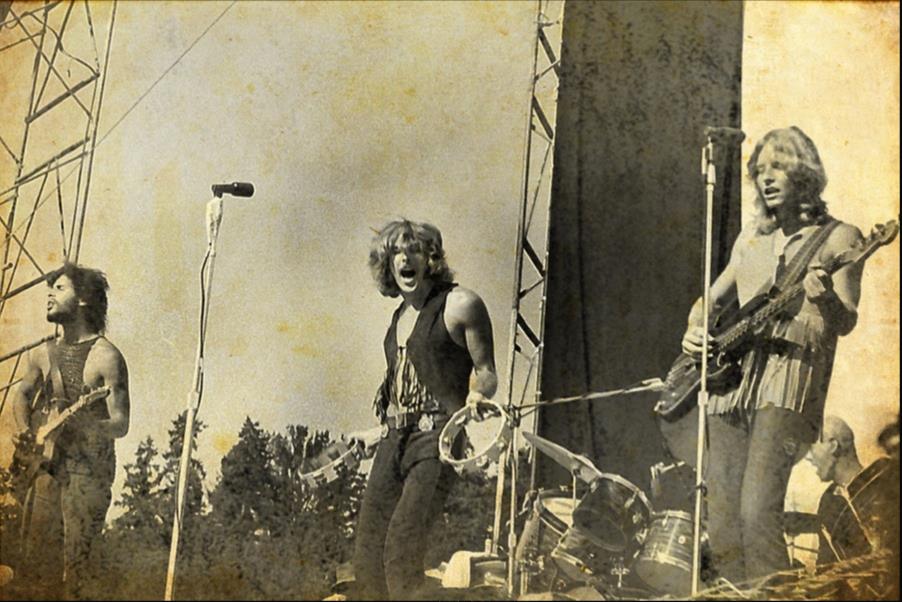
When and where did Spirit play their first gig? Do you remember the first song the band played? How was the band accepted by the audience?
We played in the Los Angeles area early on. There were parties, jam sessions, and worthy causes we aligned ourselves with. It was hit and miss, though. It wasn’t until Randy’s uncle Ed who owned the venerable Ash Grove folk and blues coffee house in West Hollywood allowed us to play on a normally dark Monday night slot. That’s when we started to build a following. Within a months or two we were attracting large audiences. It was remarkable. The first song easily could have been “Hey Joe”. Randy loved to stretch out and blow our minds and the audience’s minds. The first original was probably “Elijah” written by John Locke. We started writing original songs and rearranging blues and folk standards.
What sort of venues did Spirit play early on? Where were they located?
Our first shows were at the Ash Grove, Topanga Coral, the Sea Witch, Pandora’s Box, the Trip, Bido Lito’s and the like. All in the LA area.
What was the writing and arranging process like? Did all the members have input?
All members had input. Jay was the most prolific at first, but Randy and John always had songs to contribute. I was not writing a lot, but we all arranged the songs. There were numerous “band songs” which I was a part of. The only song I brought to the band was “Mechanical World” which Jay helped me finished and became the first, and unlikely, single off the first record. Randy would become more prolific as time went on. Twelve Dreams of Dr. Sardonicus album was Randy’s masterwork.
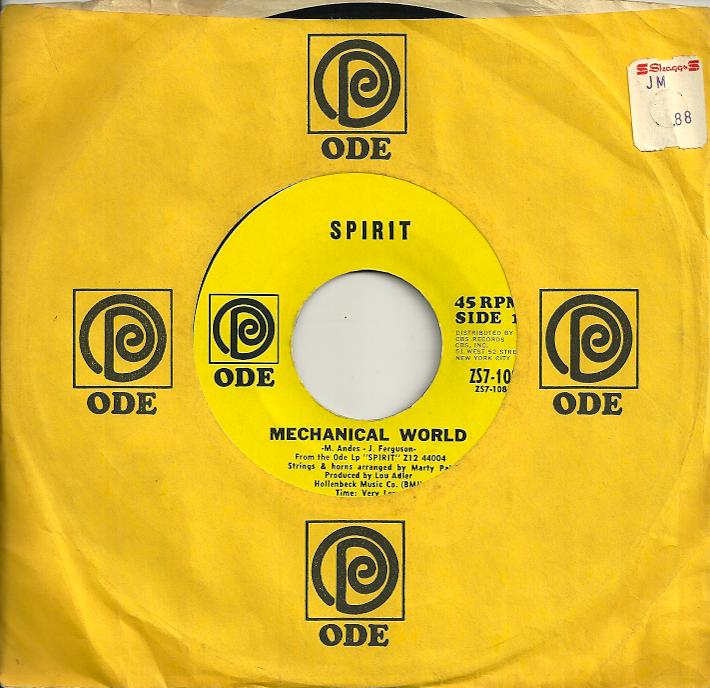
Who were the band’s major influences?
Bob Dylan, The Beatles, John Coltrane, Bill Evans, Mance Lipscomb, Muddy Waters, Jim Kweskin Jug Band. Pretty eclectic.
Who were some of the most memorable artists you appeared with?
Cream, Led Zeppelin, Jimi Hendrix, The Grateful Dead, Moby Grape, The Doors, Lynyrd Skynyrd, The Young Rascals, Bonzo Dog Doo-Dah Band, Delaney & Bonnie, Chicago, Blood Sweat And Tears, Buddy Rich Big Band, The Allman Brothers, The Kinks.
Lou Adler signed you to his Ode Records. How did it happen?
Ann Appelquist, our earliest manager, was able to get Marshall Blonstein (Lou Adler’s cousin) to come to the Ash Grove to see us. He was impressed and told Lou about us. I’ll always remember meeting Carol King at Lou’s home in Beverly Hills. She and Lou were planning her new project, “Tapestry”. Spirit was at Lou’s house to plan our first release. A “harmonic convergence”, so to speak.
The group’s first album, Spirit, was released in 1968 along with “Mechanical World” single. What’s the strongest memories from recording and producing your debut?
My strongest memories of recording our debut were: a) We were very prepared. We had been playing most of these songs for a year or more in some cases. So, we set up like we would for any rehearsal or gig and the engineer baffled the drums for separation and played the tracks live. All hands on deck, so to speak. We saved our vocals and Randy’s solos as overdubs. Randy orchestrated some beautiful harmony solos. b) Speaking of orchestration, I was totally unprepared for walking into the studio one night to find an orchestra (strings, horns and flute) playing a Marty Paich arrangement for “Mechanical World” with Marty conducting! Blew my mind. It is difficult to describe the feeling of accomplishment we felt when we were finished and could listen to the rough mixes in our homes on our stereos. A little surreal.
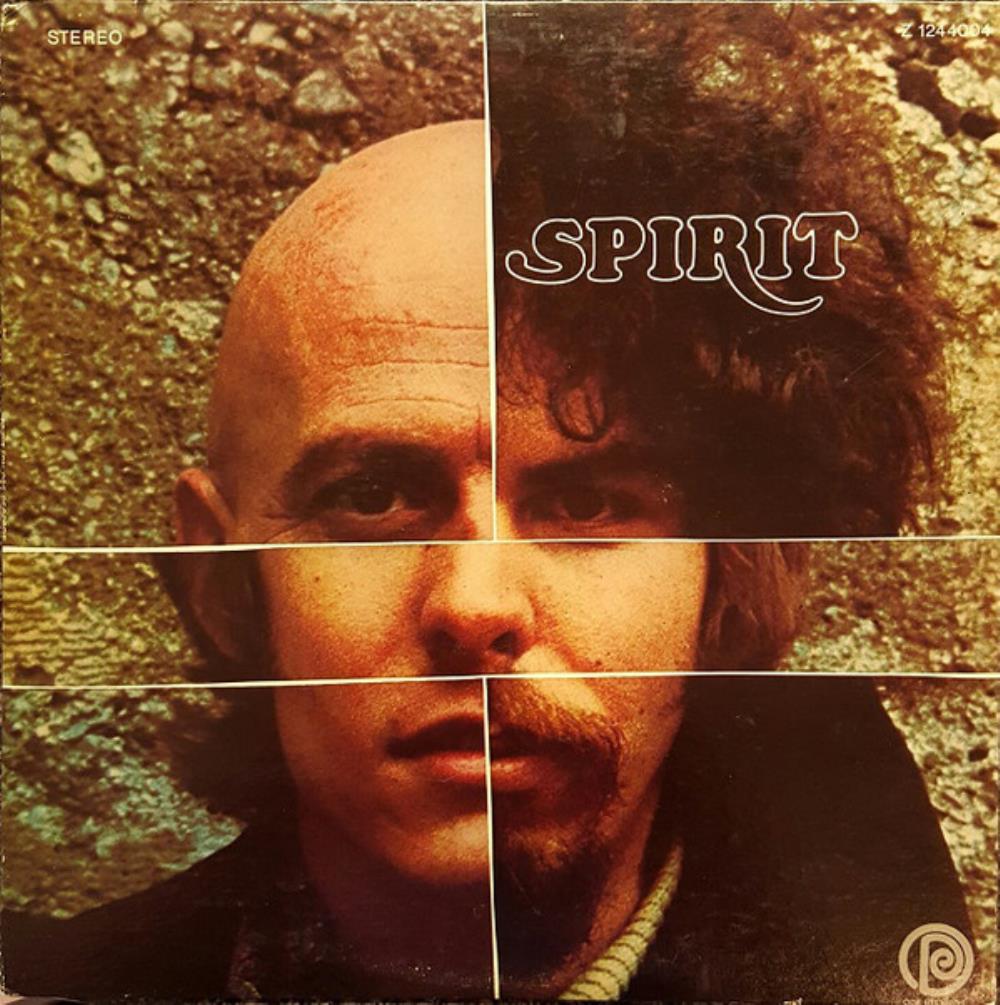
How pleased were you with the sound of the album? What, if anything, would you like to have been different from the finished product?
I would say we were pleased, but the general feeling was we thought we sounded “tougher”. We thought we “rocked” a bit more. But, all in all I would say were satisfied.
It’s incredible how unique this album was. The sound sounds still fresh today. How did you manage to do that?
I think we were lucky to have talented engineers and a collection of tunes that still hold their own, even by today’s standards. The production was understated, but the ideas and musicianship were at a high level.
The Family That Plays Together and Clear followed. What’s the story about it? While the first album is more psychedelic and surreal, the second release takes influences from jazz and world music. Am I pointing in the right direction?
I would say that The Family That Plays Together does incorporate jazz, a bit of soul on “Got A Line On You”, a bossa nova vibe in “It Shall Be” and a beautiful atmospheric mood piece, “Fog”. I love Randy’s “Darlin If”. Quite a blend of styles. I would say that the change in production and song styles was unconscious. I did think that “Got A Line” was Randy’s attempt to write a commercial, radio friendly song.
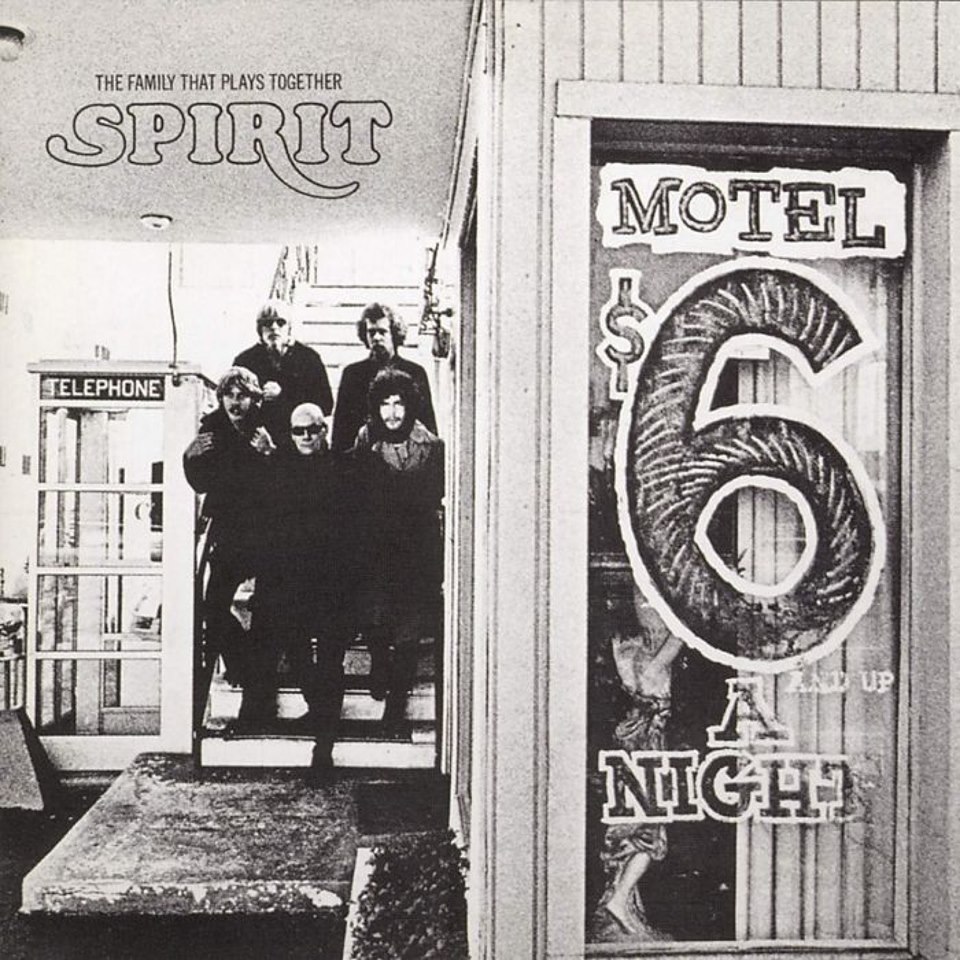
Clear was supposed to be a soundtrack for the movie “Model Shop”, directed by Jaques Demy starring Anouk Aimee and Gary Lockwood. Spirit even had an onscreen cameo. Lou was disappointed with the film and decided it would a mistake to call attention to our involvement so we released Clear. Contractually, we had to release a certain number of sides but didn’t have to title the recording “Model Shop”. So we incorporated some of the soundtrack into a collection of new material. The result may have been a little uneven, but I enjoy the record very much now. Years later the soundtrack was released in it’s entirety and is a wonderful recording. John Locke shined on the soundtrack and Clear. Beautiful orchestrations can be heard on both Clear and the “Model Shop” soundtrack.
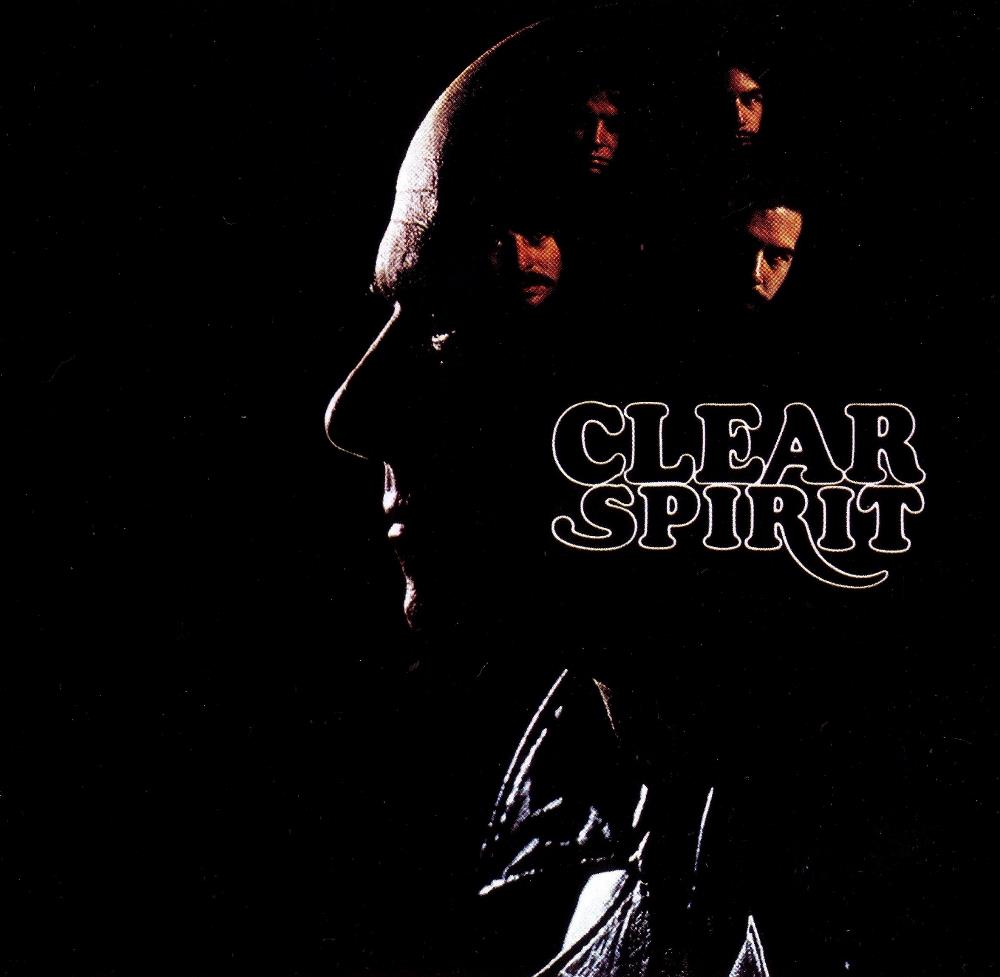
Followed was a big change in the band’s direction. You moved to Epic and the album that followed was more rock oriented. Twelve Dreams of Dr. Sardonicus has certainly a concept behind it. We would love if you can elaborate what was the original concept, how did you record it and how pleased were you with the sound?
The Twelve Dreams of Dr. Sardonicus record is what I consider to be Randy’s masterwork. The band went into that project with a straight forward agenda. That is, to record the best songs we had and record them cleanly with great sounds and let whatever concept develop naturally on its own. David Briggs, our friend and neighbor from Topanga Canyon was brought in as producer. David had produced Neil Young, another friend and neighbor, so we felt we were in good hands. There was a good, relaxed feeling as we cut the tracks. Randy really blossomed creatively. Jay and John had wonderful songs, but Randy took the lead with John and David and created segues and used special effects and the “concept” began to appear. It came at a price to the group dynamic. To complicate matters, Randy suffered a serious head injury falling from a horse. The recovery took place during the recording and Randy didn’t exactly follow doctor’s orders and continued to medicate himself. Somewhere along the line Jay and I felt left out of the mix. I felt the record, as a result, was overproduced and gimmicky. It took years before I realized how brilliant the record turned out. I now think it’s one of Spirit’s best recordings and I wish we had the skills to work through the issues that resulted in Jay and I leaving.
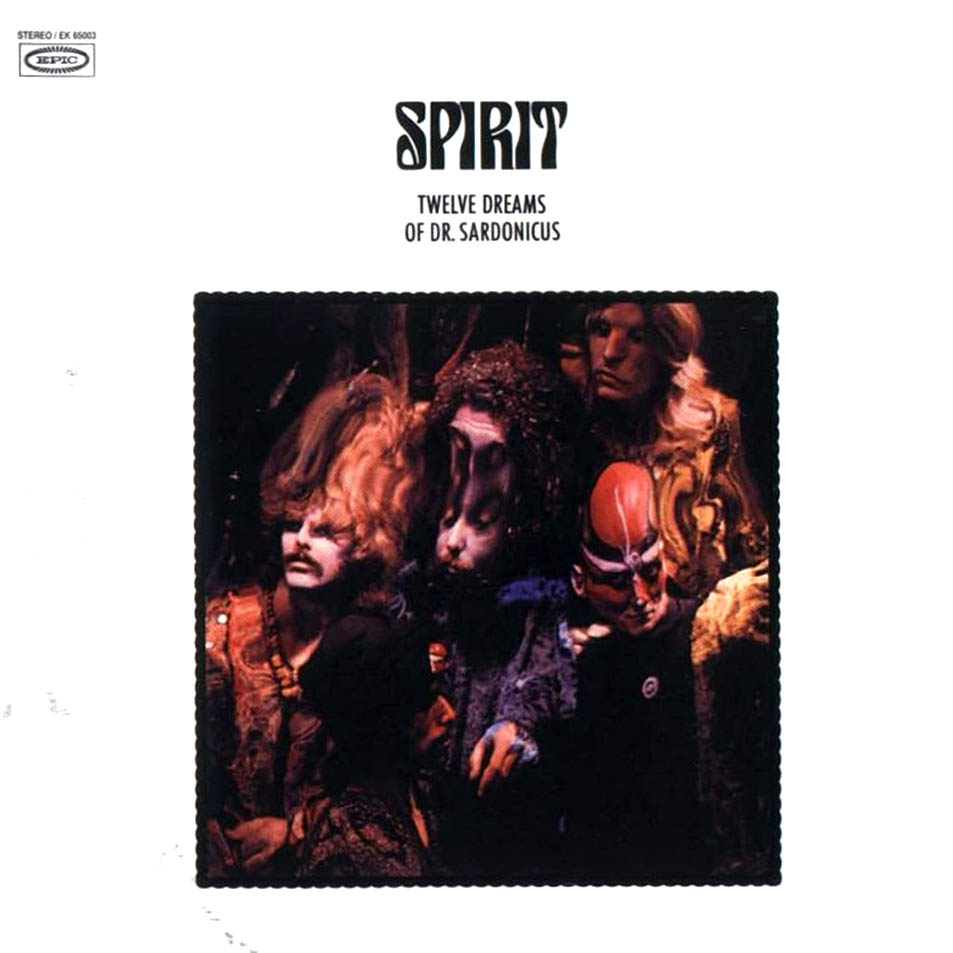
You were friends with Neil Young who actually recommended David Briggs as a producer.
Yes, Neil was our neighbor and friend but I’m not sure he recommended David, but he could have. The idea to have Briggs produce probably came from John Locke.
Would you describe your relationship in the band?
I was the resident rocker. I really had to apply myself to get comfortable with the jazz material. John and Cass helped me by introducing me to Coltrane, Miles, Sonny Rollins, Bill Evans among others. I did my homework, but I sound like I’m trying to impersonate a jazz bass player rather than embody the style, especially on the keyboard solo on “Fresh Garbage”. It took me a while to broaden my musical vocabulary to express myself without sounding dishonest. Spirit was and still is a life lesson for me.
When we started having internal conflicts (canceling a tour to Japan the night before we were to depart Los Angeles, for example) I made the decision I would make a plan and leave the band. I regret not having the skills to communicate my frustration and my fear of having very little control.
Did you see Ed Cassidy more as a teacher or a friend or both?
I would say Cass was my friend and teacher. I think he would reply in the same way. We all learned from each other and our friendships lasted even beyond the breakup of the band. Randy and I were especially close. Cass and I were in touch up until his death. The same is true will John and Randy.
How did you decide to use the name “Spirit”?
We named the band “Spirits Rebellious” from the book by Kalil Gibran and used that name for quite a while, but leading up to the recording of the first record we decided it may have been less confusing.
May I ask you about the use of psychedelics? Any impact on the band’s sound and vision?
I would say that Spirit was very influenced by the drug culture; its benefits and drawbacks. I’ve personally found, and still find, psychedelics very helpful in reconnecting me to my spiritual nature. I feel psychedelics keep me in touch with the larger picture, the interconnectedness we all share, but because of all the distractions I find I need to remind myself occasionally.
Is there any unreleased material from Spirit?
There is a new box set of all things Spirit. Unreleased demos, live shows, all the released material are a part of this new collection released in Europe on Cherry Red, I believe.
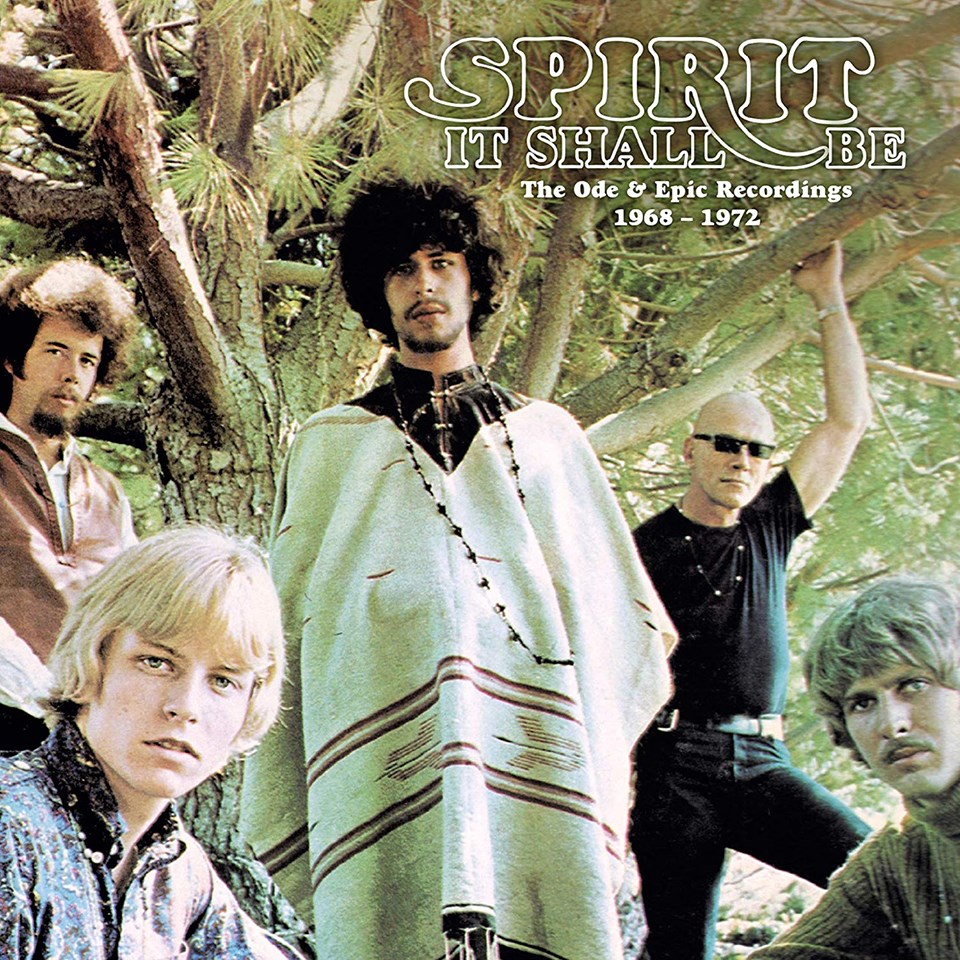
You left the band and went on to form Jo Jo Gunne.
As I mentioned earlier, when we were finishing the Twelve Dreams of Dr. Sardonicus recording, Randy, as a result from his fall from a horse became erratic. He cancelled a tour of Japan and remained unpredictable. This had a profound effect on me. I felt powerless. As a means to regain my sense of purpose, I mentioned to Jay that at some point soon I would leave the band. He said he felt the same and would like to continue to work with me. We decided to keep our decision quiet and began to discuss what we would so next. We both wanted a rockin’, unpretentious band. We lobbied for my brother Matt to join us. He was attending the Chouinard Art Institute in LA and it took a lot of persuading to get him on board. Matt’s style of guitar determined the sound of Jo Jo Gunne. Fluent in acoustic, slide and electric blues guitar he sent us in a musical direction. The idea was to form a compact, energetic, and undeniable rock band. It took us almost a year to find Curly Smith, the perfect drummer. He moved out from Texas and lived at my house in Topanga. We rehearsed at my place and took our time putting it together. So, Jo Jo Gunne was born. Jay on keys, Matt and guitar and Curly and myself as the rhythm section. David Geffen signed us to his brand new label, Asylum, and we cut the first record. I forget the engineer we selected, but he was terrible. Tom Dowd came in and saved our asses. He made the poorly recorded tracks work and we came up with an acceptable debut recording.
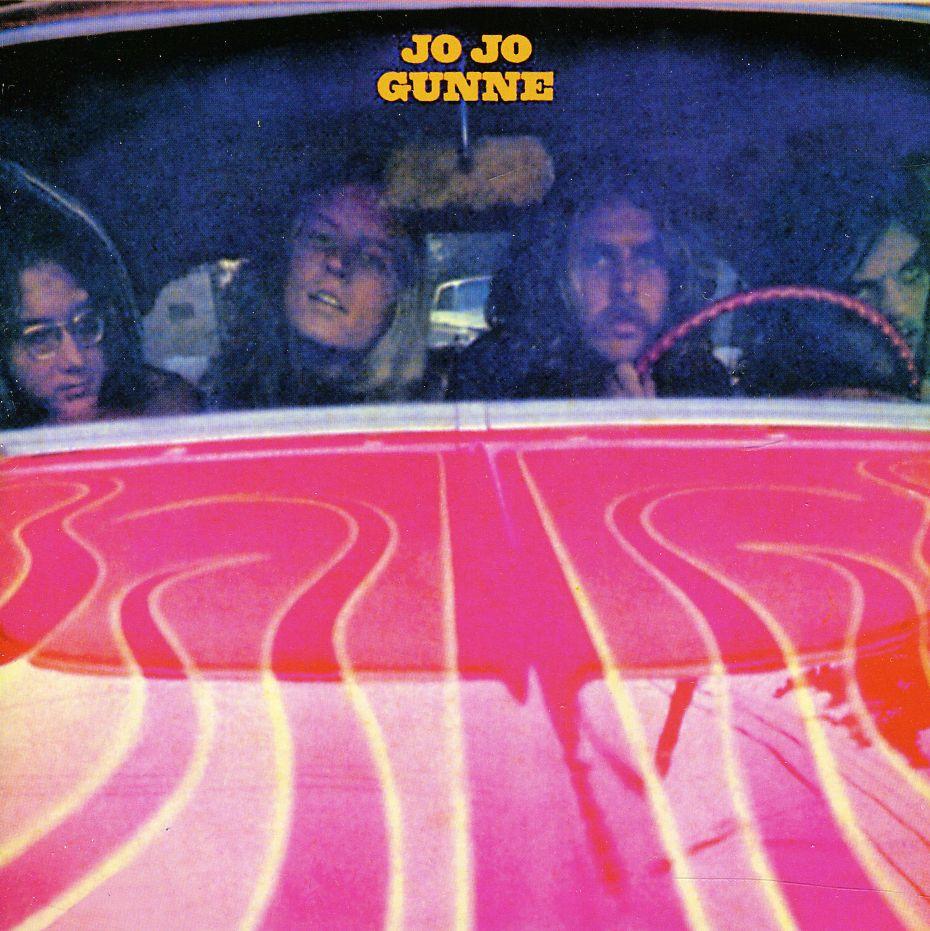
The ironic thing about the Jo Jo Gunne thing is: I formed the band because I felt vulnerable and not in control in the Spirit group. During the very first Jo Jo Gunne tour I was fired! Yes fired. My brother, my best friend fired me as the tour ended. They said that it was because they didn’t like my then girlfriend. Very “Spinal Tap” if I do say so!!!
I was crushed. I decided to leave LA. Fuck LA. Fuck Topanga. I took my family (girlfriend and her daughter) to Colorado. I knew one family, the Goransons, in Peetz, CO. Thanks to them, I networked and eventually found Jeff Reaves in Boulder. Jeff and his family let Maureen, Kristee and I stay in their basement apartment while I got my shit together. I joined up with Mark Hallman and Richard Ruster, a duo calling themselves Navarro. We performed as a trio and added players as we went along becoming a popular band in the Boulder. One memorable jam occurred at the Hungry Farmer, a restaurant that had live music, when my old friend Greg Allman caught our show and sat in with us. He even made the trip up Boulder Canyon to our house and hung out with the whole family band. We were a total hippy outfit: living together at my mountain house. Chris Hillman was a neighbor. Dan Fogelberg bought Chris’ house a year later.
How was it to get back again with Spirit to record Farther Along in 1976?
I always enjoyed reconnecting with the Spirit guys. Matt was on that record too. Randy was always my friend and I felt we shared a common groove and love for each other.
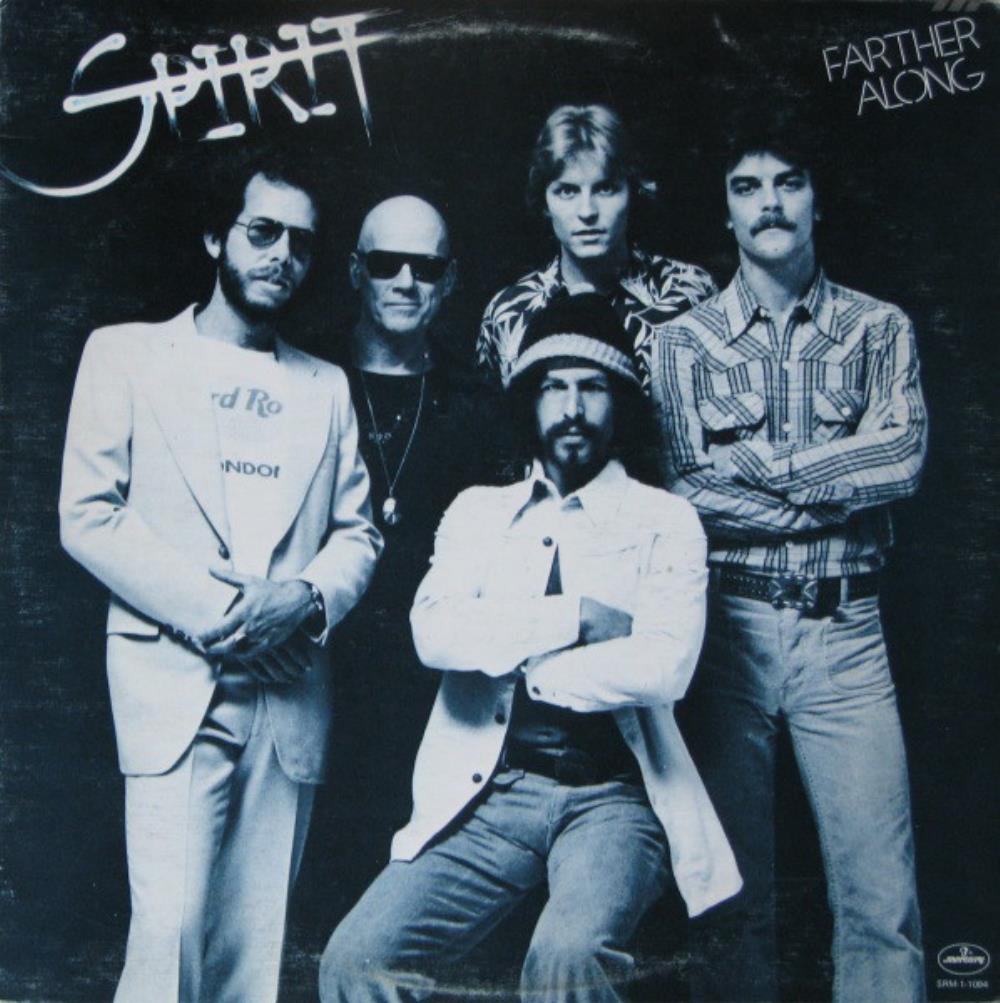
Then came the Firefall years, which is still an ongoing band.
I decided to move on from the Navarro band and started to play in Chris Hillman’s band. Rick Roberts and Jock Bartley also played with Chris. As time went on, Rick approached me about forming a band with he and Jock. And, as they say, the rest is history. During a tour of the east coast, Chris became ill in New York and it was decided that we would fly Michael Clarke and Larry Burnett in and complete the commitment to the Bitter End. Atlantic Records caught a show and liked what they heard and we were offered a contract shortly after. Firefall was formed. The first Firefall recording was released in 1976 and went gold (1 million dollars worth of sales) in five weeks. Ironically, Spirit’s Twelve Dreams Of Dr. Sardonicus went gold at the same time. It took six years for Twelve Dreams Of Dr. Sardonicus to go gold. I received two gold records in a week.
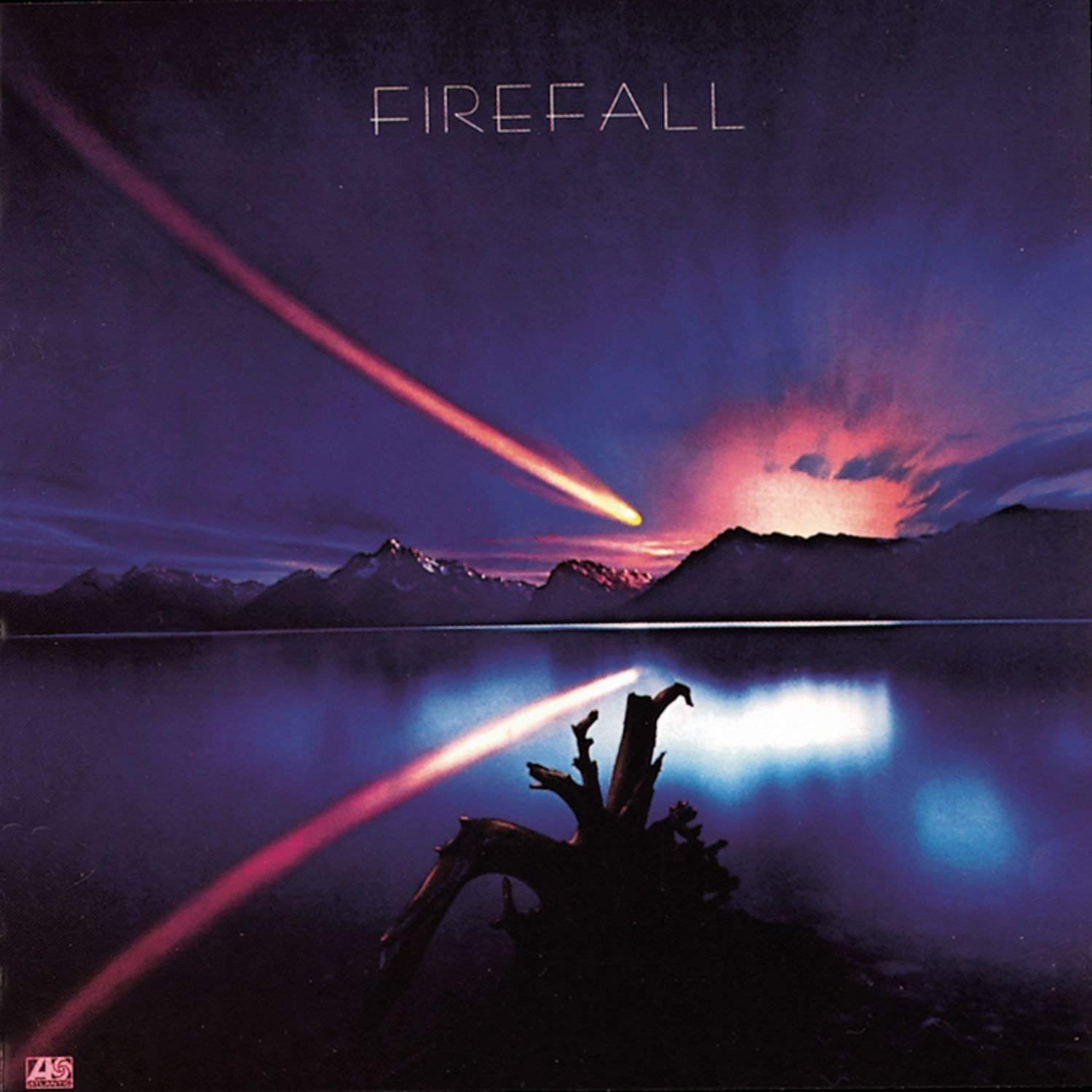
You were part of many other projects including Heart … but it would be near impossible to talk about everything you were involved with. Is there anything that you would like to highlighted?
I was asked to join Heart in late 1981. The Passionworks record was released in 1982. I stayed with Heart until 1992. In retrospect, I’ve noticed something interesting. During the time I was in Spirit, Jo Jo Gunne, Firefall and Heart those groups experienced the most success of their careers. I’m not sure what that means, but it’s an interesting fact.
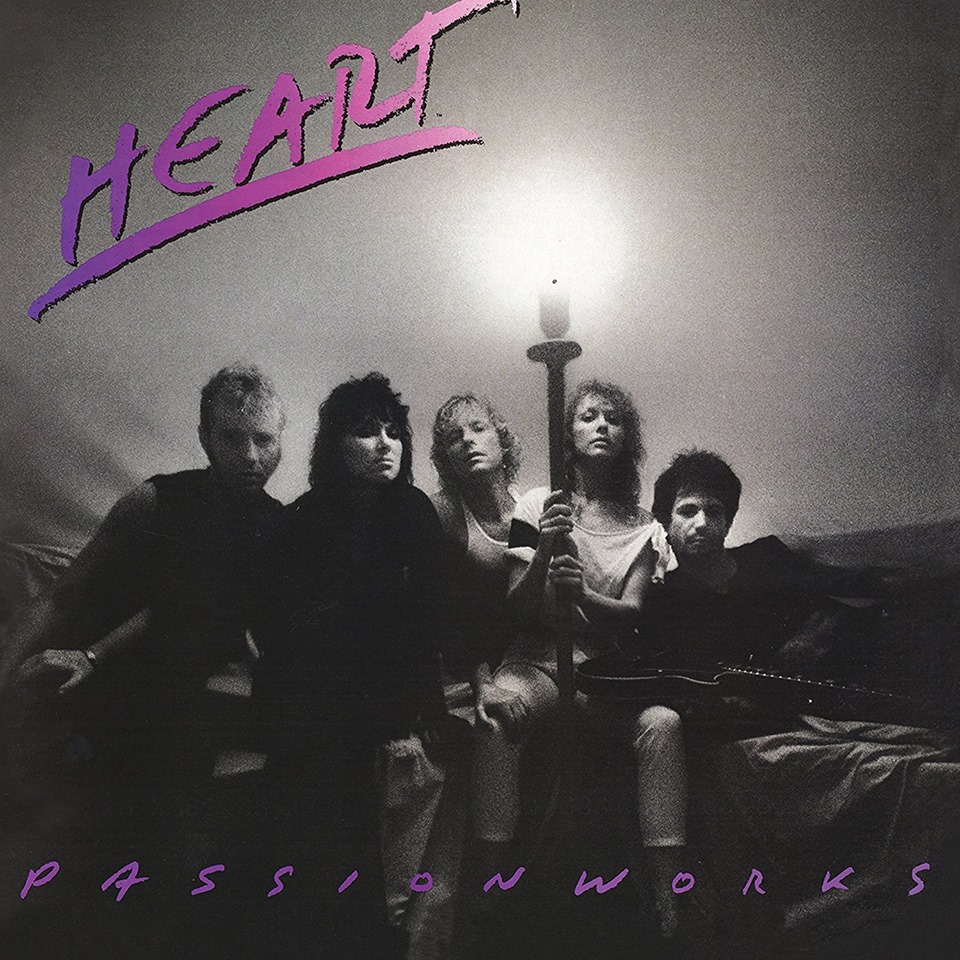
Would you like to touch “Taurus” and its similarity to Led Zeppelin’s most well known song?
For me, the “Taurus” controversy is about Randy’s legacy. I fully believe Page borrowed “Taurus” as the intro and verse of “Stairway To Heaven”. “Stairway To Heaven” is a brilliant song but Randy should have been credit for his contribution. Randy never got a big break and it was sad to watch him struggle. My motive in supporting the lawsuit was a hope that Randy would finally the credit he deserved. The case in on appeal and may yet be decided in Randy’s favor.
What currently occupies your life?
I was asked to rejoin Firefall about four years ago and have been enjoying the camaraderie and the music. Here’s a tidbit for you and your readers: Firefall has recorded “Nature’s Way” recently. We perform that song in concert and it always receives a wonderful response. To make things more interesting, our dear friends Timothy B. Schmit, of Eagles fame (on vocals) and John McFee, of Doobie Brothers fame (pedal steel, twelve string and mandolin) are guesting. It winds up being a way to honor my friend and share his beautiful song at a time we all need to hear it.
Let’s end this interview with some of your favourite albums. Have you found something new lately you would like to recommend to our readers?
I’m loving some retro stuff at the moment.
“The Galway Girl” Steve Earle
“Paradise” John Prine
“Grooves In Orbit” NRBQ
“All Hopped Up” NRBQ
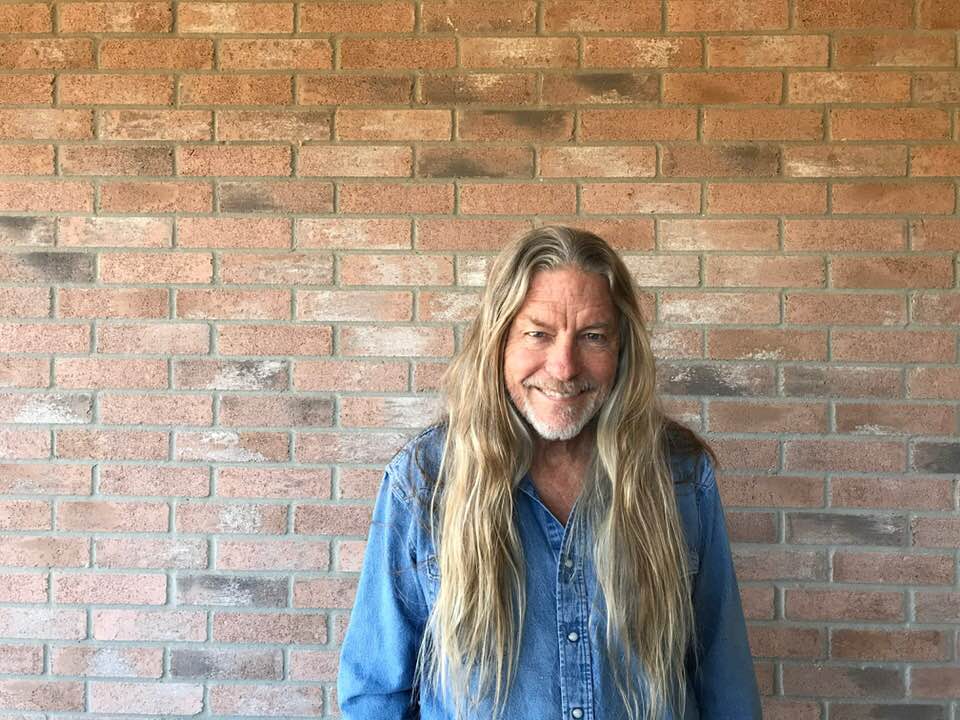
Thank you for your time. Last word is yours.
Well, I guess my last word would be “gratitude”. I’m seventy years old and my career has spanned five plus decades. I’ve played on some brilliant songs, played with amazingly talented people and every now and then I’m overwhelmed with a profound sense of gratitude. To be able to still play music at a high level is an honor I feel deeply. The relationship between musician and audience is precious and I still get to experience that today. What a ride it has been. Gratitude indeed.
– Klemen Breznikar
Mark Andes Official Website

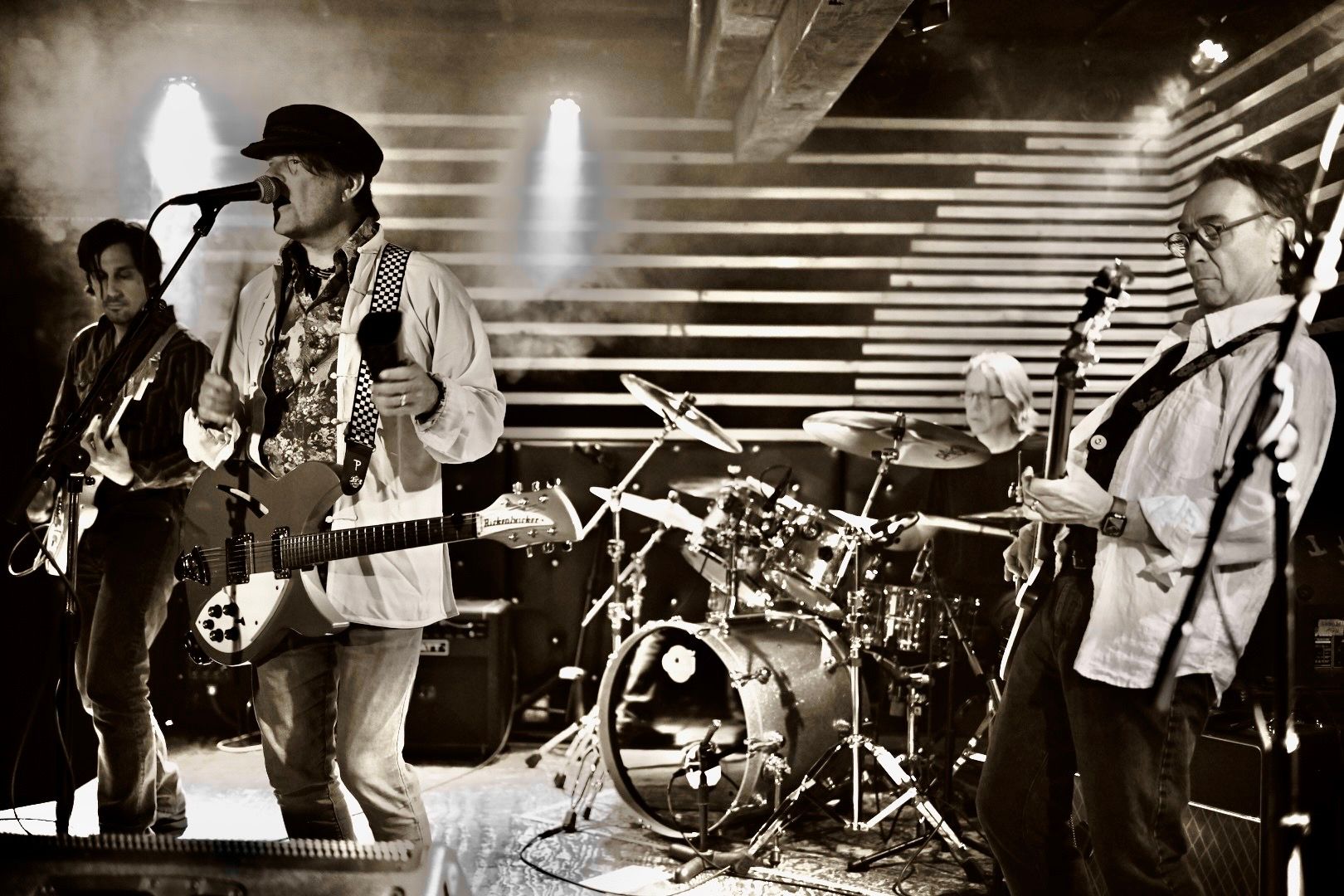
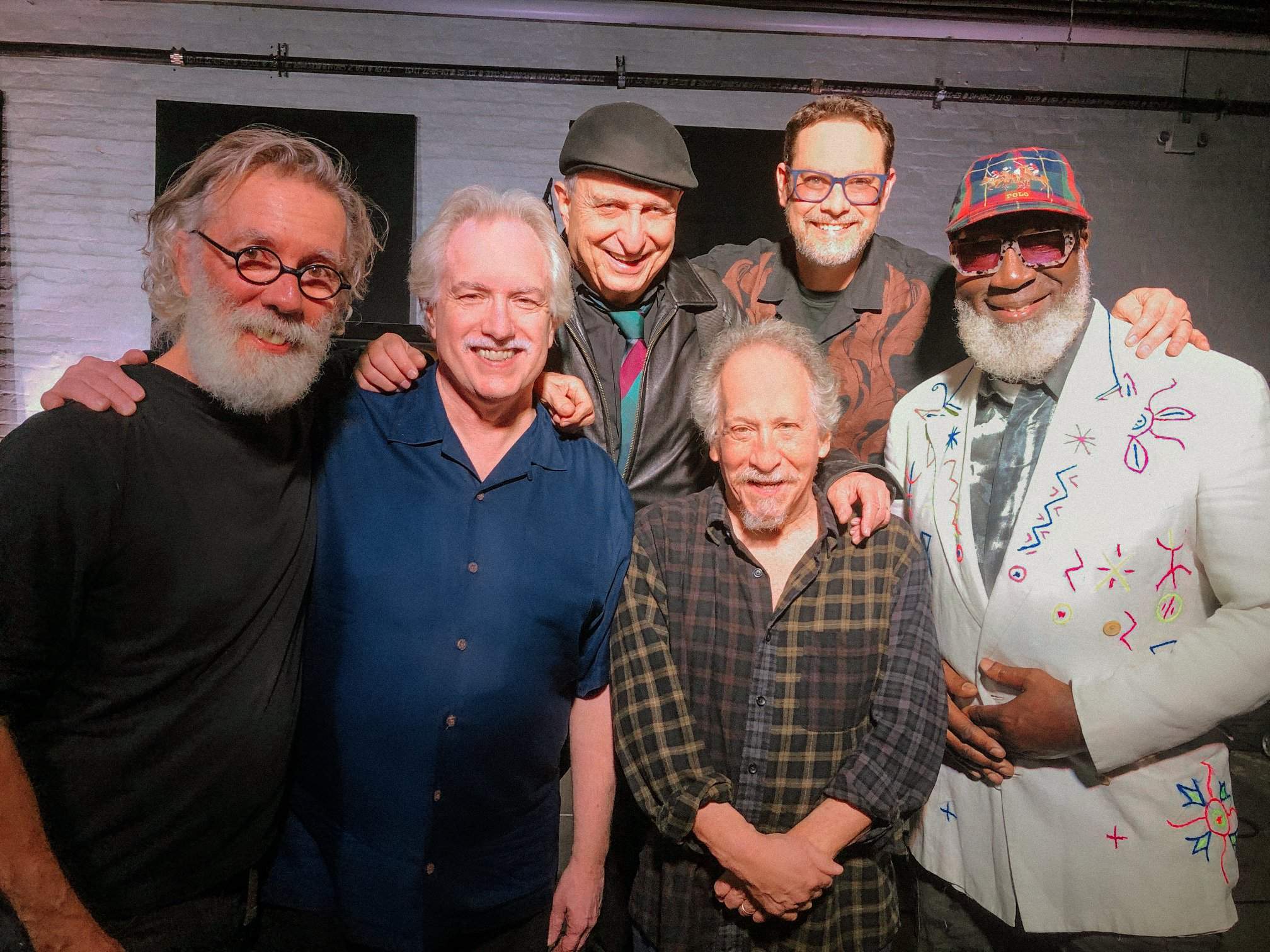
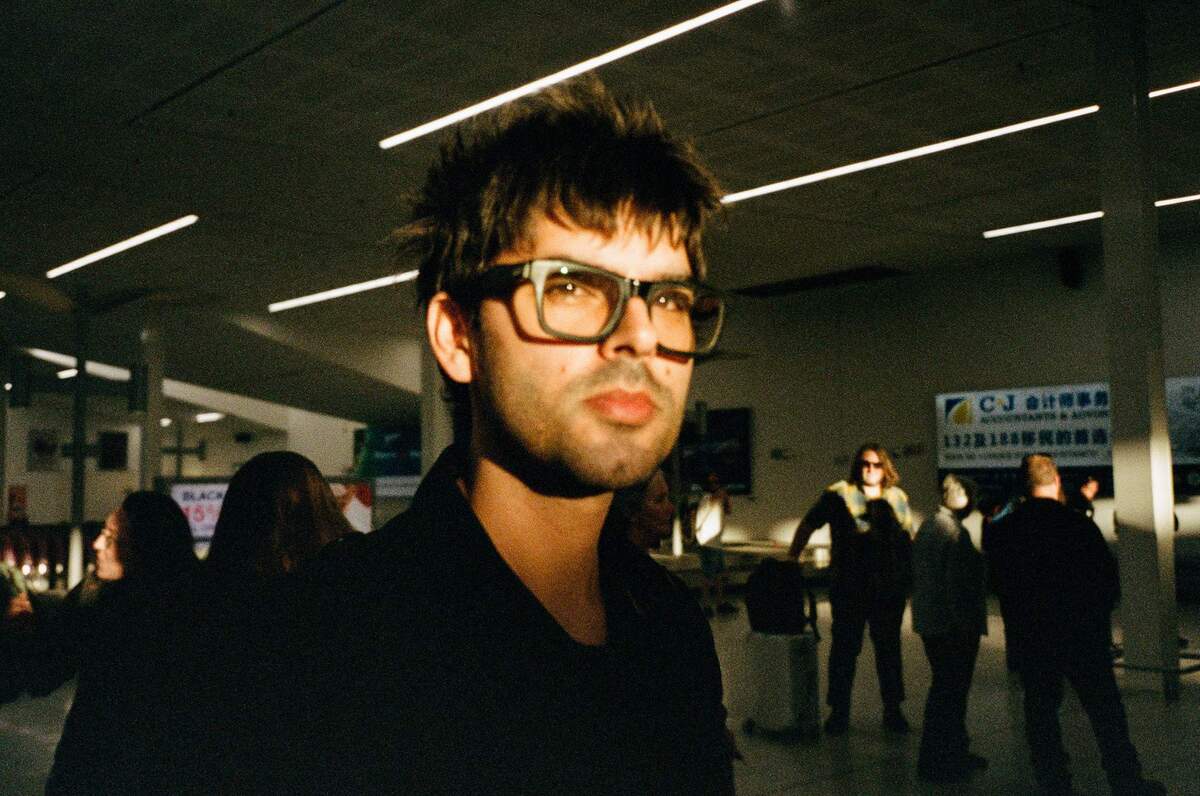
huge spirit fan. thanks for this!
Bless you! This is awesome and such an illustrious musical career. Thanks for being real about the positive effect of psychedelics.
Peace and love, Brigitte Mars
What a wonderful and diverse career you've had Mark! You have positively touched many people's live in more ways than you will ever realize. I am a big fan of all of your work but especially Spirit. For a young boy growing up in the late 60's and early 70's your creative work changed my life for the better and even 50 years later is still affecting me to this very day(as I am listening to "The Family That Plays Together" while typing this). I am also a bass player and after enjoying learning many Spirit songs on bass early on you feel like a kindred spirit! Peace and joy to you as you move further in to life, musical projects and other ventures! G-man
Wonder-fall read on Marks illustrious career, thank you and so satisfying to read of the culmination of so many treasured bands / musicians over the years! Veeeeeery informative and a top notch interview! Z-bop PEACE!
We were huge Spirit fans.
Jay Ferguson was senior class president at our high school and Mark Andes also attended that school.
His brother Matt went to my junior high school (we called it that back in the day).
We didn’t know them personally but we felt like we did.
Spent a lot of time listening to their stuff.
Magical times.
Saw them on New Year’s Eve, I think around 1970 or 71 at the Valley Music Theater in the San Fernando Valley.
Awesome show.
Randy blew it up!
I saw JoJoGunne in a free concert at the Topanga Community Theater. Debut album just about to come out. They played on the platform of a flatbed truck. Absolutely killer rock & roll. That 1rst album still sounds good, especially the song “Babylon.”
Great bassist and 12 Dreams is in my top 5 albums of my lifetime.